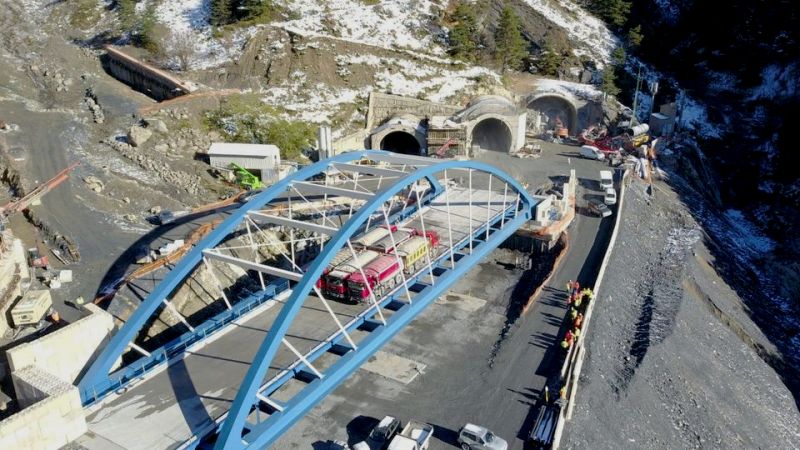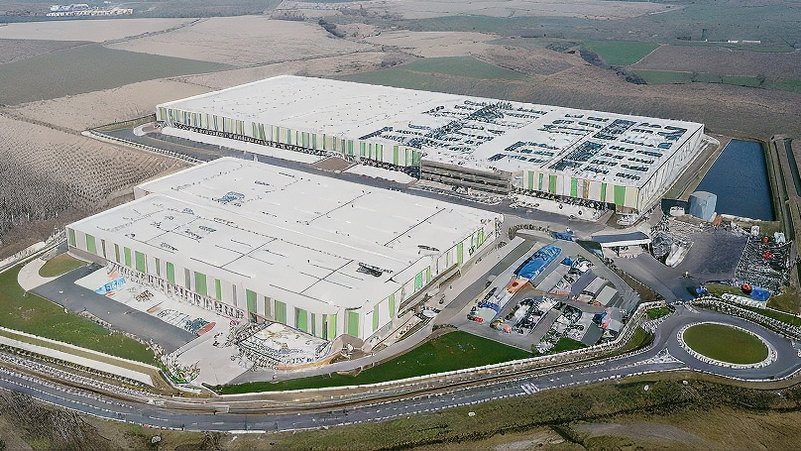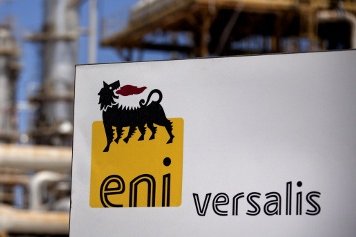According to Euractiv, Germany's withdrawal of support for the new regulation on industrial vehicle emissions has forced the Belgian presidency to delay the Coreper vote from February 7 to February 9. The representatives' consensus is crucial as, without Germany's backing, the majority needed to approve the text would not be met, despite having already received the green light from the EU Council and the European Parliament. The regulation stipulates that by 2040, new industrial vehicles must emit 90% less CO2 than current levels, effectively phasing out vehicles with internal combustion engines.
Hungary and Slovakia have already expressed opposition to the new regulation. Meanwhile, countries like Italy have yet to take a definitive stance. Initially, Germany appeared to be in favor, but the Ministry of Transport has since retracted its support, as reported by Euractiv. The regulation will be passed by Coreper if it gains favorable votes from countries representing at least 65% of the EU population.
However, an official position from Berlin is still forthcoming. In a press conference, government spokesperson Steffen Hebestreit announced that Germany's stance would be clarified by February 9. The German Free Democratic Party, to which Transport Minister Volker Wissing belongs, has opposed the bans on thermal engine vehicles, arguing that alternatives to fossil diesel, such as biofuels (e-fuels), can be climate-neutral.
It's noteworthy that German industrial vehicle manufacturers are among those most heavily investing in electric traction, bypassing the transition to liquefied natural gas. It remains unclear whether the liberals' position, which could sway the entire government, is independent or has been influenced by vehicle manufacturers. The latter scenario could suggest a slowdown in the German brands' shift towards electric vehicles.



































































